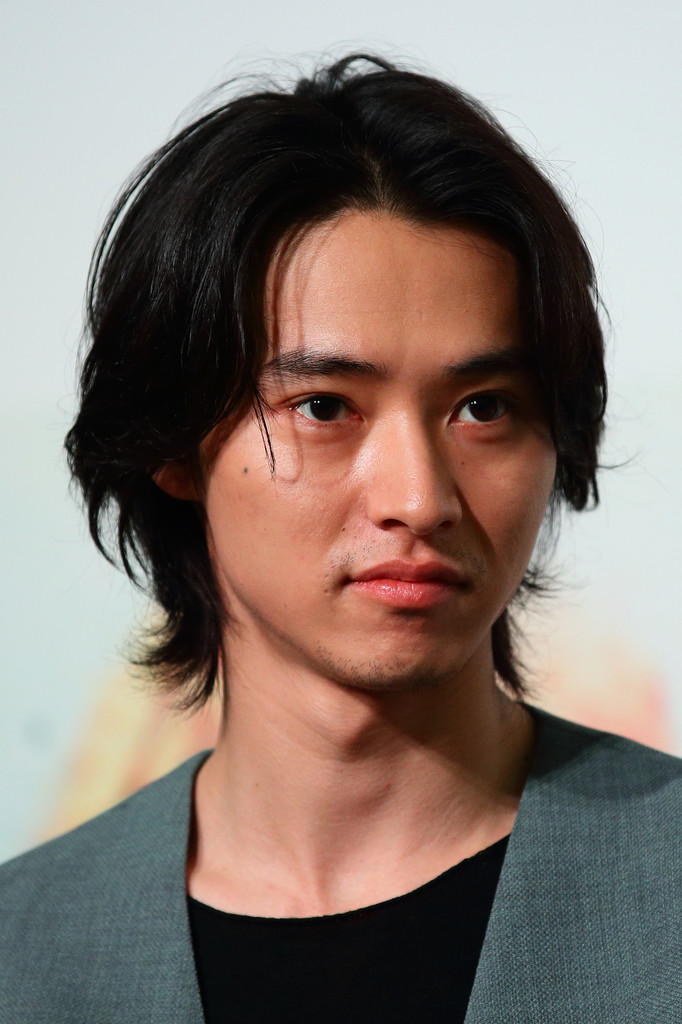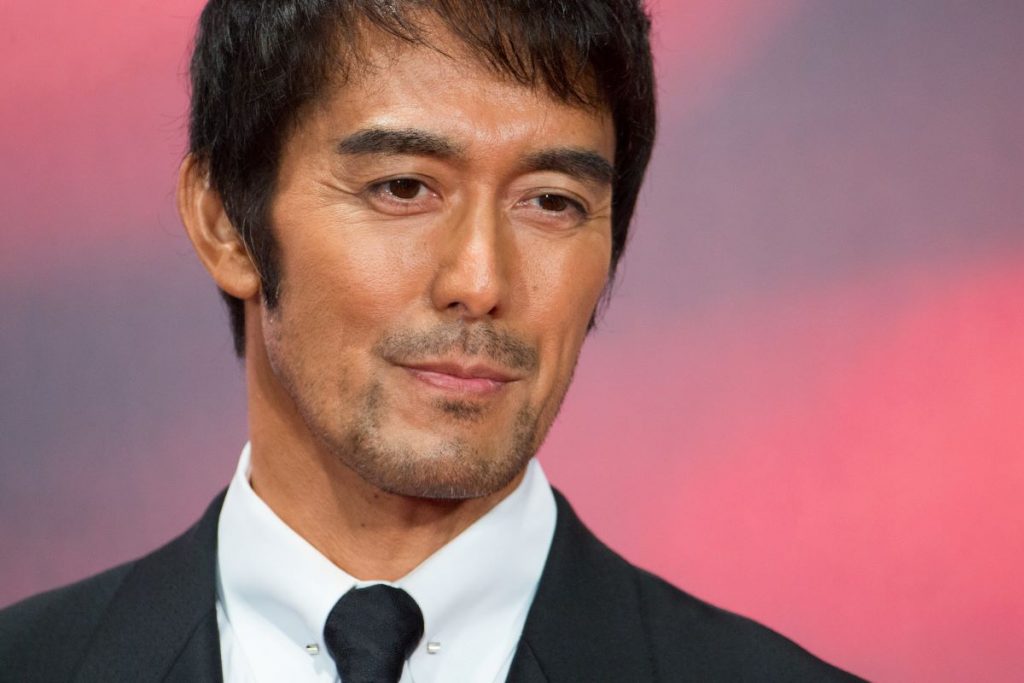Are you curious about the captivating world of Japanese cinema and the stars who light up the screen? Japanese actors have not only shaped their domestic film industry but have also become global icons, captivating audiences worldwide with their skill and charisma.
The history of cinema in Japan stretches back over a century, making it one of the world's oldest film industries. Japan has consistently been a major player in global cinema, and, as of 2021, it held the fourth-largest position in terms of feature films produced. This rich cinematic legacy is a testament to the talent and dedication of Japanese actors, who have consistently delivered exceptional performances and contributed significantly to the art form.
The impact of the Japanese film industry is undeniable. In 2011, Japan produced 411 feature films, generating 54.9% of a box office total of US$2.338 billion. This impressive figure underscores the enduring popularity of Japanese films among both domestic and international audiences. Within this vibrant landscape, several actors have emerged as true icons, leaving an indelible mark on the world of cinema.
- Khatrimaza 4k Movies In Hindi Your Ultimate Guide To Streaming Hindi Blockbusters
- Viralkand Com Your Ultimate Guide To Viral Content Creation And Beyond
| Name | Birthdate & Place | Notable Works | Awards & Recognition | Other Information | Reference |
|---|---|---|---|---|---|
| Hidetoshi Nishijima | March 29, 1971 (Tokyo, Japan) | Drive My Car, Cut, Double Face | Japan Academy Film Prize for Best Actor (2021) | Known for his versatility, starring in everything from blockbuster fiction to indie art films. | IMDB |
| Tadanobu Asano | November 27, 1973 (Yokohama, Japan) | Dragon Eye Morrison, Mongol, Thor | - | Also an esteemed musician; popular roles include Mamoru Arita and Kenji. | IMDB |
| Masanobu And | May 19, 1975 (Kanagawa, Japan) | Battle Royale (2000), Kids Return (1996), Sukiyaki Western Django (2007) | - | Has been married to unknown since 2014. | IMDB |
| Jun Matsumoto | August 30, 1983 (Tokyo, Japan) | Tokyo Tower (2005), Kimi wa Petto (2003) | - | Known for acting in Japanese dramas. Gained huge popularity in Kimi wa Petto (2003). | IMDB |
| Mackenyu Arata | November 16, 1996 (Los Angeles, California, USA) | Pacific Rim: Uprising, Rurouni Kenshin: The Final, Knights of the Zodiac | - | Son of Sonny Chiba. Became popular for his handsome appearance. | IMDB |
| Takeshi Kaneshiro | October 11, 1973 (Taipei, Taiwan) | Chungking Express, Fallen Angels, House of Flying Daggers | - | Speaks fluent English. Appeared in several international productions. | IMDB |
| Ken Watanabe | October 21, 1959 (Uonuma, Niigata, Japan) | The Last Samurai, Letters from Iwo Jima, Inception | Academy Award Nomination | Speaks fluent English. A prominent figure in Hollywood. | IMDB |
| Toshiro Mifune | April 1, 1920 (Qingdao, China) Died: December 24, 1997 (Mitaka, Tokyo, Japan) | Rashomon, Seven Samurai, Yojimbo | - | Considered one of the greatest actors of all time, a frequent collaborator with Akira Kurosawa. | IMDB |
| Takashi Shimura | February 12, 1905 (Asaguchi, Okayama, Japan) - Died: February 11, 1982 (Tokyo, Japan) | Ikiru, Seven Samurai | - | Known for his versatility and unforgettable performances. Frequent collaborator with Akira Kurosawa. | IMDB |
| Sota Fukushi | May 30, 1993 (Tokyo, Japan) | Bleach, My Tomorrow, Your Yesterday, Library Wars | - | One of the most handsome Japanese actors; has worked on various projects. | IMDB |
Among the most influential figures in Japanese cinema, Toshiro Mifune stands out. His collaborations with director Akira Kurosawa produced cinematic masterpieces that have resonated with audiences worldwide. Mifune's commanding presence and ability to portray a wide range of characters cemented his status as one of the greatest actors of all time.
Similarly, Takashi Shimura's versatility made him a cornerstone of Japanese cinema. His memorable performances in Kurosawa's classics, such as Ikiru and Seven Samurai, showcased his ability to embody complex characters with depth and nuance. These actors, along with others, have profoundly influenced the art of acting and continue to inspire new generations of performers.
The industry's influence extends beyond acting. Hideaki Anno, a prominent figure in anime, has made significant contributions to the Japanese popular culture. His work as an animator, filmmaker, and actor has shaped the industry and helped bring Japanese storytelling to global audiences.
- Filmyfly Phd Your Ultimate Guide To Academic Excellence In Film Studies
- Bollyflixcom 2025 Your Ultimate Hub For Bollywood Entertainment This Year
The Japanese entertainment industry is not without its quirks. The rising importance of youth in the industry is evident, but the industry still values veteran actors and their experience. The market also has a fascination with unique social phenomena, like the "dengkikon", or unexpected marriages. These aspects contribute to the dynamic and ever-evolving landscape of Japanese entertainment.
Several actors have successfully transitioned into Hollywood productions, gaining international acclaim. Ken Watanabe and Takeshi Kaneshiro, among others, have become household names, demonstrating their versatility and appeal across cultural boundaries. These actors' success has further elevated the reputation of Japanese cinema on the global stage.
While Japanese manga and anime have long enjoyed international fame, Japanese films and television dramas have yet to reach the same level of widespread popularity. However, the rise of streaming services and the increasing global interest in Japanese culture suggest that this is changing. As time goes on, more people around the world are discovering the beauty and skill of Japanese acting.
The salaries of Japanese actors can vary widely depending on their experience and the roles they undertake. However, the majority of actors typically earn an annual wage of approximately JPY 10,556,400. This reflects the demanding nature of the profession, as well as the varying levels of success actors can achieve within the industry.
Japanese cinema continues to evolve, with emerging talent and fresh perspectives constantly reshaping the landscape. The legacy of iconic actors, combined with a growing global appreciation for Japanese culture, suggests a bright future for the industry. This continued growth also reflects the passion and dedication of both established performers and rising stars, all of whom contribute to the richness and diversity of global cinema.
- Bollyflixcom Site Your Ultimate Destination For Bollywood Entertainment
- 4k Khatrimaza Your Ultimate Guide To Ultra Hd Movie Streaming


